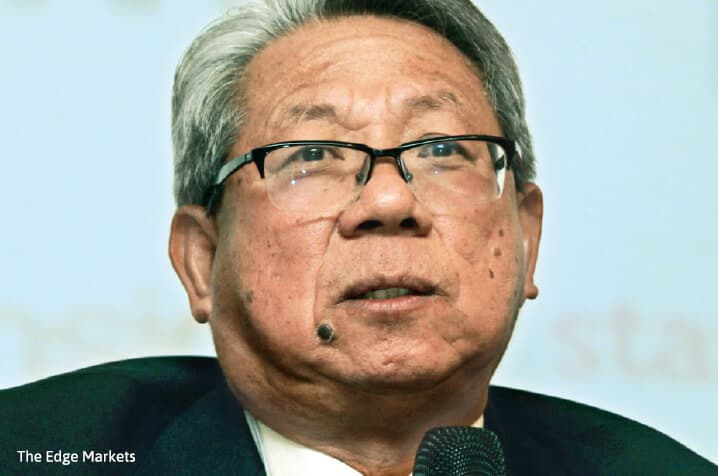
KUALA LUMPUR: The Real Estate and Housing Developers’ Association Malaysia (Rehda) would like to see special end-financing schemes, such as the Skim Pembiayaan Fleksibel (SPEF) that was created exclusively for Perbadanan PR1MA Malaysia homes, applied to private developments as well.
Rehda national treasurer Datuk Muztaza Mohamad said this is something the association has been advocating for.
“We have been advocating for that, let them (PR1MA) [evaluate the outcome of the SPEF] as sometimes there are teething problems ... we will [keep a close watch] on the success [of the scheme]. If it’s [viable], we will ask the government to include us,” he told reporters at the sidelines of the Rehda Institute’s Economic and Business Outlook Conference 2017 yesterday.
Malayan Banking Bhd (Maybank) head of community financial services Datuk Hamirullah Boorhan, who was a speaker at the event, did not rule out the possibility of the SPEF to be offered to non-PR1MA developments.
“[On whether] we will expand [SPEF] to non-PR1MA [homes], well I guess it’s possible, but the scheme has just been recently launched, and it is something that the central bank and government would [have to] look at,” he said during a panel discussion at the event.
The SPEF, which is exclusive to PR1MA homebuyers, makes home ownership easier, especially for first-time homebuyers, by increasing their chance of getting a home loan and providing access to a higher loan amount than they would otherwise be eligible for with conventional loans.
Meanwhile, on whether Rehda would be encouraging its members to undertake affordable housing developments, Muztaza said this is something that needs to be government-driven.
“The government should come in as it has money from fiscal policy, and is also more equipped when it comes to lands. For private developers [when it comes to pricing of homes] it should be market-driven, as we buy the land [for development] at market prices,” he said.
Property consultancy group Savills Malaysia’s executive chairman Datuk Christopher Boyd, who was also a speaker at the event, said tie-ups among property developers in Malaysia and institutions or pension funds like the Employees Provident Fund (EPF) and the Retirement Fund (Inc) could set the tone for future property projects in the country.
“Landbanking, or in other words buying agricultural sites and sitting on them for years, I think, is going to become a thing of the past, especially for larger property developers. There is too much money tied up in land [already].
“Looking into the future, that may not be the best way to go. These property developers need to collaborate with a financial institution to jointly develop large tracts of land. In other words, don’t just buy plantations and sit on them, but work on building up the value of your brand and delivery system,” he said.
Among property developers who have partnered with pension funds such as EPF on massive development include Eco World Development Group Bhd and Malaysian Resources Corp Bhd.